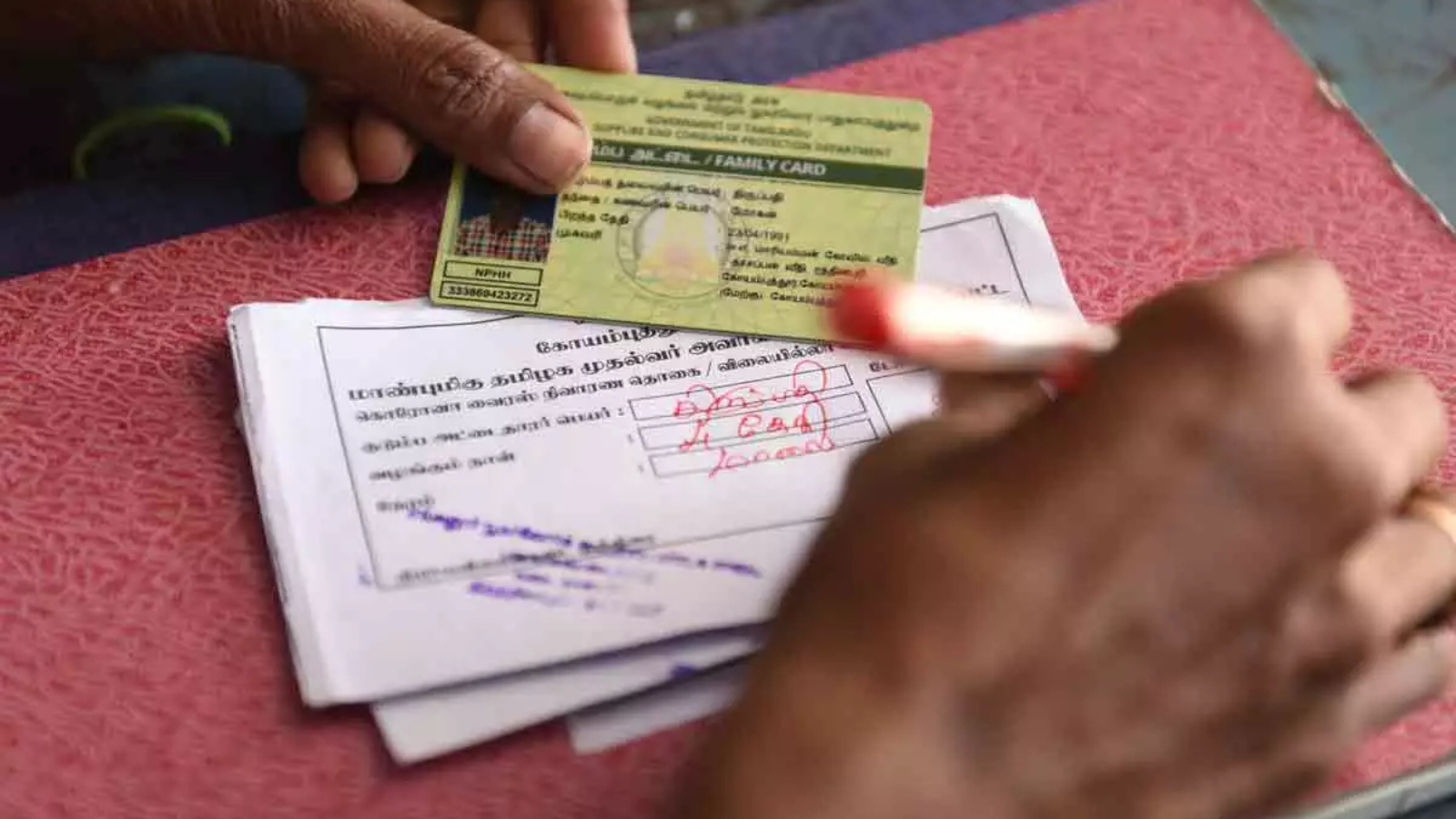Missed Collecting Ration For Three Months? Government To Take Action On Inactive Cards

The Indian government , through initiatives like the National Food Security Act , provides essential food supplies at subsidized rates to support economically disadvantaged citizens. However, recent policy changes aim to enhance efficiency in resource allocation, focusing on blocking inactive ration cards . Here’s what you need to know about these updates and their potential impact.
Ration Cards: A Tool for Food Security
Ration cards are pivotal in providing affordable food supplies to lower-income families, helping them access essential resources monthly at reduced costs. This system, however, is undergoing a shift to better serve those in genuine need.
Inactive Cards Under Scrutiny
The government has observed a trend where some ration cardholders haven’t utilized their benefits for over three months. This inactivity suggests that certain individuals may no longer require this assistance. In response, states like Himachal Pradesh have initiated a policy to block ration cards of those who haven’t collected rations for three consecutive months.
Mandatory e-KYC for Transparency
To further streamline the ration card system, e-KYC (electronic Know Your Customer) is now mandatory for all ration cardholders. This move ensures up-to-date records and validates the identity of each beneficiary, preventing misuse of resources.
Reallocating Resources to Those in Need
By blocking unused ration cards, the government aims to redirect resources toward families who actively depend on this aid. This reallocation prioritizes genuine beneficiaries and strengthens the support system for economically weaker citizens.
Regular use of ration benefits and completing e-KYC are essential for those relying on government subsidies.
Next Story